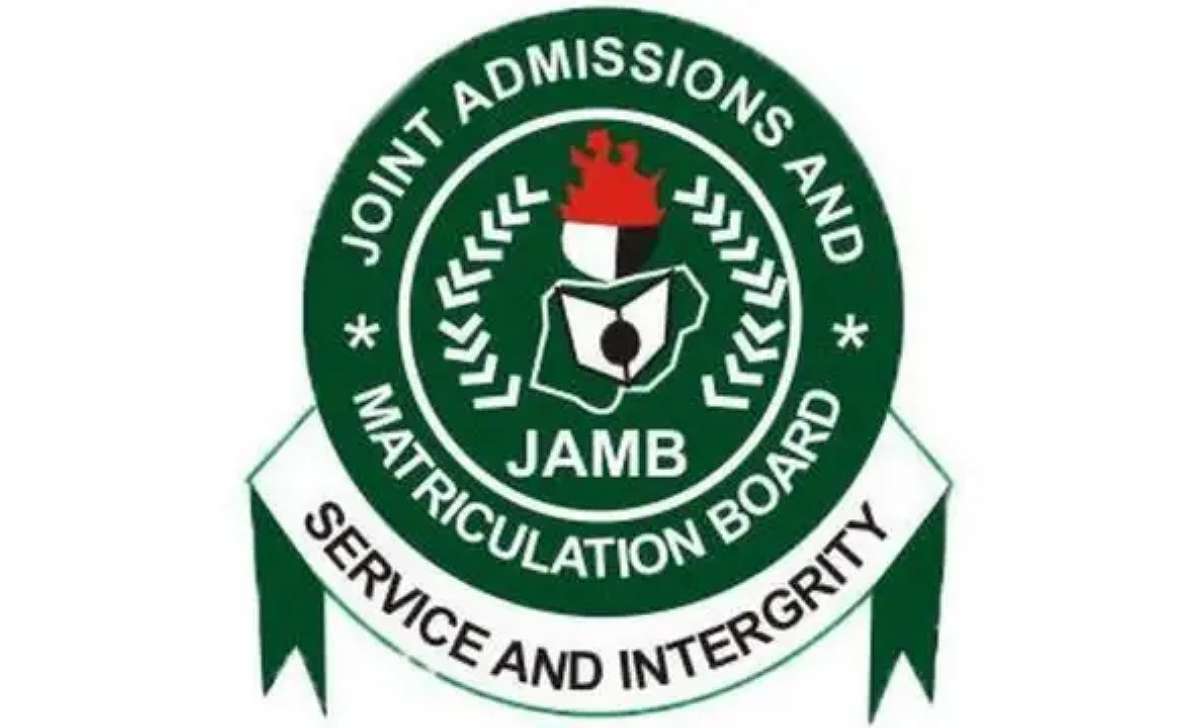Are you preparing for the JAMB Islamic Studies 2025/2026 examination? One of the most crucial resources you’ll need is the updated JAMB Islamic Studies syllabus.
This syllabus serves as your ultimate guide, detailing all the topics and objectives you must study to ace the exam.
In this article, we provide a comprehensive breakdown of the JAMB Islamic Studies syllabus for 2025/2026, tips for effective preparation.
What Is the JAMB Islamic Studies Syllabus?
The JAMB Islamic Studies syllabus is a detailed outline provided by the Joint Admissions and Matriculation Board (JAMB). It highlights the key topics, themes, and subtopics students need to study for the Islamic Studies examination. The syllabus is divided into three main sections:
- The Qur’an and Hadith
- Tawhid and Fiqh
- Islamic History and Civilization
Let’s dive deeper into each section and its content.
Detailed Breakdown of JAMB Islamic Studies Syllabus
1. The Qur’an and Hadith
This section emphasizes understanding the Qur’an and the traditions of Prophet Muhammad (SAW). Below are the subtopics:
- Revelation of the Qur’an:
- Prophet Muhammad’s visits to Cave Hira.
- Modes of revelation (Q.42:51).
- Gradual revelation (Q.17:106).
- Preservation of the Qur’an:
- Recording, compilation, and standardization.
- Differences between Makkan and Madinan Surahs.
- Tafsir (Exegesis):
- Historical development of Tafsir.
- Types and importance of Tafsir.
- Introduction to Tajwid:
- Recitation and study of specific Surahs:
- Al-Fatihah (Q.1), Al-Ikhlas (Q.112), An-Nas (Q.114), among others.
2. Tawhid and Fiqh
This section focuses on Islamic theology, acts of worship, and law:
- Articles of Faith:
- Belief in Allah, His angels, books, prophets, and predestination.
- Acts of Worship (Ibadah):
- Salat, Zakat, Sawm, and Hajj.
- Family Matters:
- Islamic teachings on marriage, divorce, and inheritance.
3. Islamic History and Civilization
This section covers the rich history and contributions of Islam:
- Pre-Islamic Arabia (Jahiliyyah):
- Social, political, and religious conditions before Islam.
- Life of Prophet Muhammad (SAW):
- His birth, prophethood, and significant events in his mission.
JAMB Syllabus for Islamic Studies 2025/2026
| TOPICS/CONTENTS/NOTES | OBJECTIVES |
|---|---|
| 1. Revelation of the Glorious Qur’ān (i) Visits of the Prophet (SAW) to Cave Hira (ii) His reaction to the first revelation and its importance (iii) Different modes of revelation (Q.42:51): inspiration behind the veil, through an angel, etc. (iv) Piecemeal revelation (Q.17:106) (Q.25:32) (v) Names and attributes of the Qur’an 1b. Preservation of the Glorious Qur’ān 1c. Importance of the Glorious Qur’ān 1d. Divine authenticity of the Glorious Qur’ān |
Candidates should be able to:
(i) analyse the Prophet’s (SAW) visits to Cave Hira and the purpose; (i) analyse how the Glorious Qur’ān was recorded, compiled and standardized. (i) examine the importance of the Glorious Qur’ān. (i) evaluate the proof of the divine authenticity ofthe Glorious Qur’ān; |
| 2. Tafsīr (i) Historical development of Tafsīr (ii) Importance of Tafsīr (iii) Types of Tafsir |
Candidates should be able to:
(i) trace the origin and sources of Tafsīr; |
| 3. Introduction to Tajwīd (Theory and Practice | Candidates should be able to:
(i) examine the meaning and importance of Tajwīd |
| 4. Study of the Arabic text of the following suwar/ayats with tajwīd (a) al-Fātihah (Q.1) (b) al –cĀdiyāt (Q.100) (c) al –Qari’cah (Q.101) (d) at -Takāthur (Q.102) (e) al –cAsr ((Q.103) (f) al -Humazah (Q.104) (g) al -Mā c ūn ((Q.107) (h) al -Kawthar (Q.108) (i) al – Kāfirūn (Q. 109) (j) al- Nasr (Q. 110) (k) al -Masad ((Q.111) (l) al -Ikhlās (Q.112) (m) al -Falaq ((Q.113) (n) an-Nās (Q.114) |
Candidates should be able to:
(i) recite with correct tajwīd the Arabic texts of the suwar; |
Tips for Preparing for JAMB Islamic Studies 2025/2026
To excel in your Islamic Studies exam, follow these preparation tips:
- Understand the Syllabus: Familiarize yourself with every topic and subtopic listed.
- Create a Study Schedule: Allocate specific times for each section of the syllabus.
- Use Past Questions: Practice with past JAMB questions to understand the exam pattern.
- Seek Guidance: If possible, study under the supervision of qualified Islamic Studies teachers.
- Stay Consistent: Daily study sessions are better than cramming.
JAMB Syllabus for All Subjects
- * JAMB Syllabus for Agricultural Science 2025/2026
- * JAMB Syllabus for Arabic 2025/2026
- * JAMB Syllabus for Art 2025/2026
- * JAMB Syllabus for Biology 2025/2026
- * JAMB Syllabus for Chemistry 2025/2026
- * JAMB Syllabus for Christian Religious Studies 2025/2026
- * JAMB Syllabus for Commerce 2025/2026
- * JAMB Syllabus for Computer Studies 2025/2026
- * JAMB Syllabus for Economics 2025/2026
- * JAMB Syllabus for French 2025/2026
- * JAMB Syllabus for Geography 2025/2026
- * JAMB Syllabus for Government 2025/2026
- * JAMB Syllabus for Hausa 2025/2026
- * JAMB Syllabus for History 2025/2026
- * JAMB Syllabus for Home Economics 2025/2026
- * JAMB Syllabus for Igbo 2025/2026
- * JAMB Syllabus for Islamic Studies 2025/2026
- * JAMB Syllabus for Literature in English 2025/2026
- * JAMB Syllabus for Mathematics 2025/2026
- * JAMB Syllabus for Music 2025/2026
- * JAMB Syllabus for Physical and Health Education 2025/2026
- * JAMB Syllabus for Physics 2025/2026
- * JAMB Syllabus for Principles of Accounting 2025/2026
- * JAMB Syllabus for Use of English 2025/2026
- * JAMB Syllabus for Yoruba 2025/2026
- * JAMB UTME Syllabus for all Subjects 2025


![JAMB Subject Combination for Linguistics [year]/[nyear] 2 JAMB 5 4](https://sparobanks.com/wp-content/uploads/2025/01/JAMB-5-4-150x150.jpg)
